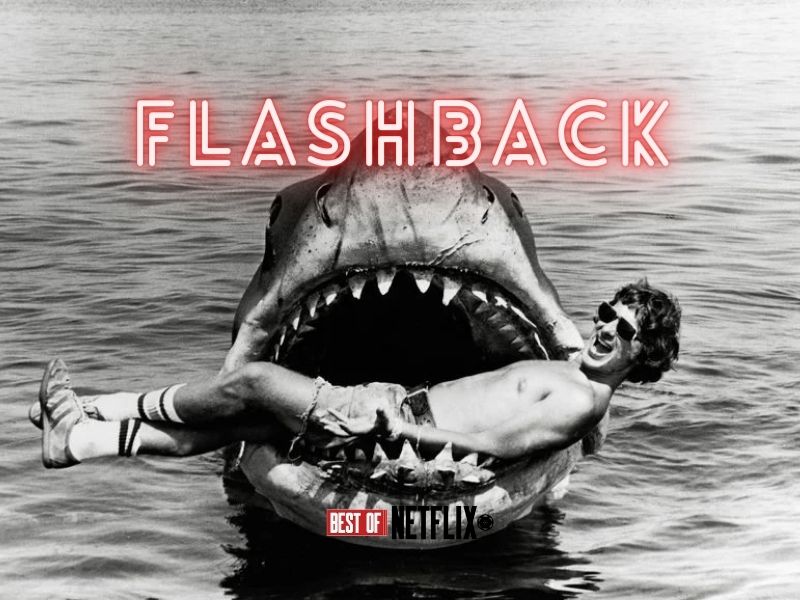American filmmaker Steven Spielberg is known all around the world as one of the most commercially successful directors of our time. Spielberg has established himself as a household name with films like Schindler’s List and Jurassic Park and has even won multiple accolades, including Oscar wins for Best Director. His work remains an indispensable part of the evolution of American cinema and is crucial for understanding the sensibilities of that period.
In 1975, Spielberg released his film adaptation of Peter Benchley’s famous novel Jaws which became an instant critical as well as commercial success. It overtook Francis Ford Coppola’s masterpiece The Godfather as the highest-grossing film in North America and became the first US production to earn $100 million in theatrical rentals. Jaws also received three Academy Awards, among other prestigious prizes.
Spielberg tried to convince the producers to let him shoot on the ocean to maintain the film’s authenticity when he was starting his project. Ultimately, they allowed him to film near Martha’s Vineyard in Massachusetts, but there were a lot of unforeseen obstacles in the way. Countless problems popped up which threatened to disrupt production for good. Since Spielberg had insisted on shooting on the Atlantic Ocean, which caused all these problems, it would mean the end of his career.
Struggling with multiple delays to the production process, the shoot kept being extended even though it was initially scheduled to last only 55 days. The crew experienced intense fatigue due to the harsh conditions out there in the ocean and had to deal with seasickness and sunburns. In addition, there were logistical problems with the equipment Spielberg wanted to use, and the mechanical sharks that were specifically engineered for Jaws ended up at the bottom of the ocean.
Even when the mechanical sharks were eventually retrieved, they refused to work during shooting, which meant losing more valuable time. All these hitches contributed to subsequent increases in the budget and landed Spielberg in hot water. The filmmaker was legitimately terrified that Jaws’ producers Dick Zanuck and David Brown would punish Spielberg for his inexperience and never let him work again.
“I was naive about the ocean, basically. I was pretty naive about mother nature, and the hubris of a filmmaker who thinks he can conquer the elements was foolhardy,” Spielberg reflected. “I was too young to know I was being foolhardy when I demanded that we shoot the film in the Atlantic Ocean and not in a North Hollywood tank. But had I to do it all over again, I would have gone back to the sea because it was the only way for the audience to feel that these three men were cast adrift with a great white shark hunting them.”
Fortunately for Spielberg, all of it eventually came together when the shark finally started working during the shoot. Due to the continuous changes to the production plan, Spielberg took some time to rethink the script, and composer John Williams came up with the iconic theme, which evoked the memory of Alfred Hitchcock. The unprecedented success of Jaws resulted in the creation of the summer blockbuster genre.
Spielberg explained, “Everything on land went normal! I was actually on schedule for the first part of the picture… the shark not working was a godsend. It made me become more like Alfred Hitchcock […] When I didn’t have control of my shark, it made me kind of rewrite the whole script without the shark. Therefore, in many people’s opinions, the film was more effective than the way the script actually offered up the shark.”
